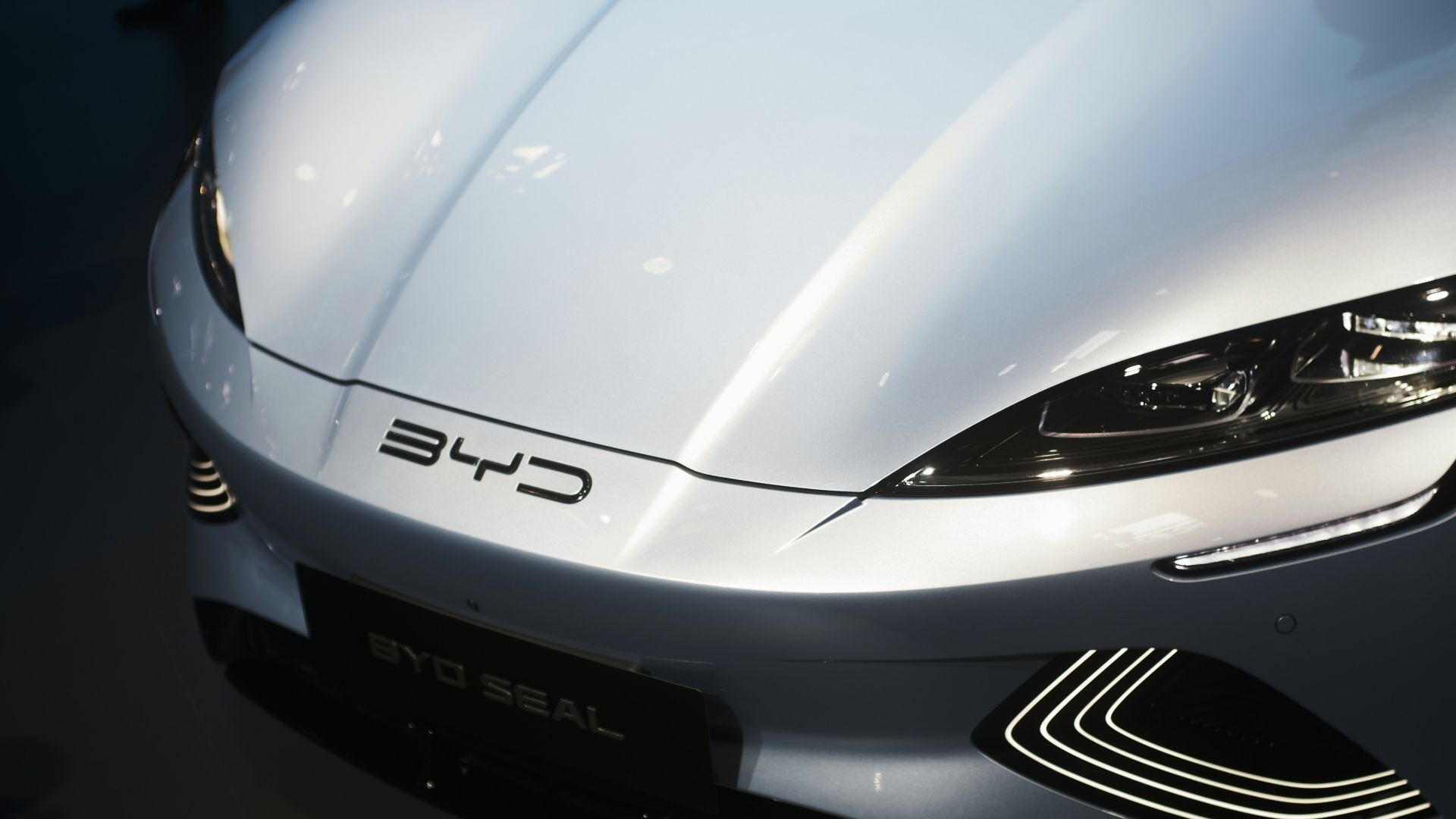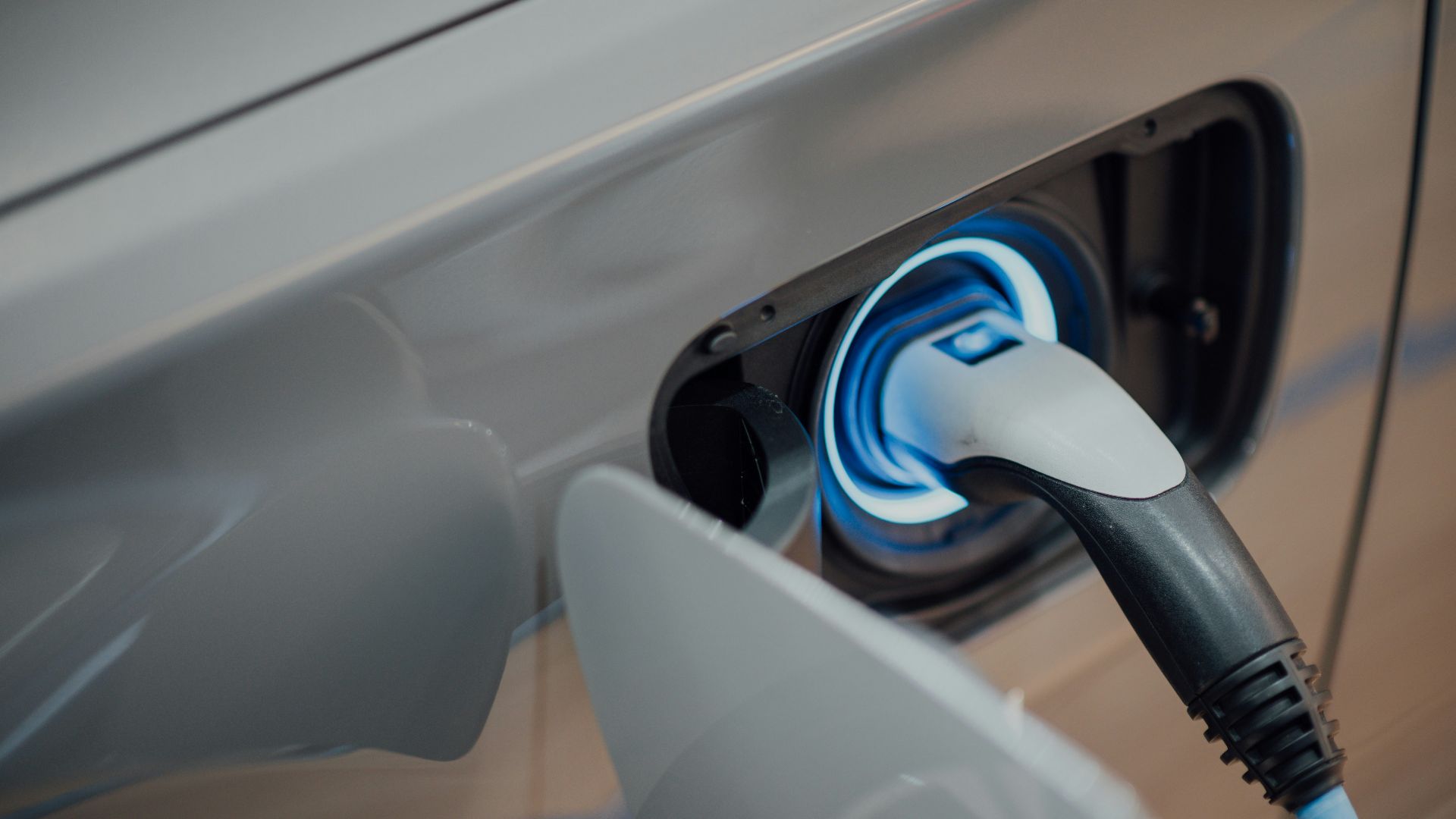Electric vehicles are becoming a hot item. Chinese car manufacturer BYD, which specializes in more affordable EV models, said its sales jumped to a record high in September, surging a whopping 880 percent in one particular country compared to last year.
The US is the second-largest buyer of EVs globally, behind China. However, the majority of BYD sales outside of China weren't in the US, but in the UK. The car giant says it sold just over 11,000 vehicles in the UK in September alone, with the plug-in hybrid version of the Seal U SUV being the most popular. The greater sales in the UK may be partially due to the fact that the country doesn't impose tariffs on Chinese EVs, unlike other markets, including the US.
The company just opened its hundredth retail location in Britain and announced its share of the UK market jumped to 3.6 percent in September. BYD's UK manager, Bono Ge, says the company plans on launching new hybrid and EVs in the coming months, and that the company's future in Britain looks "hugely exciting," the BBC reports.
It's not just BYD; September was the biggest month yet for EV sales across the industry, according to data from the Society of Motor Manufacturers and Traders (SMMT). In the UK specifically, EV sales hit a record high, with battery-only vehicle sales rising to almost 73,000 in September. EV sales in the UK made up about one-fourth of all new vehicle registrations in October.
The growth in the UK EV market is partially thanks to the government's electric car grant, which was put in place in July to incentivize people to buy more eco-friendly vehicles. It's a $5,000 discount the government applies to eligible vehicles, on a first-come, first-served basis, until funds run out.
"Another month of record-breaking EV sales shows more families than ever have the confidence to go electric," UK Transport Secretary Heidi Alexander said in a statement. "We’re making it easier and cheaper for families to make the switch.”
Despite the massive growth, the UK is still shy of the government's target of 28 percent of new cars being electric under the Zero Emission Vehicle (ZEV) Mandate, and growth in October has slowed. The gap is set to widen even more next year, with the target for zero-emissions car sales being set at 38 percent of all new car registrations.
What's more, this growth in the EV sector is likely to decline due to the government's decision to end the Employee Car Ownership Schemes (ECOS), which allowed employees to own a car provided by their employer without it being classed as a company car, voiding certain taxes. Ending this will put new vehicles out of reach for many and will depress growth in the new car market, which is dominated by EVs.
"The government has backed the UK automotive sector with EV incentives and global trade deals, helping drive growth and encourage decarbonisation, but scrapping ECOS would undermine that progress," SMMT Chief Executive Mike Hawes said in a statement. "It is time for a rethink."









